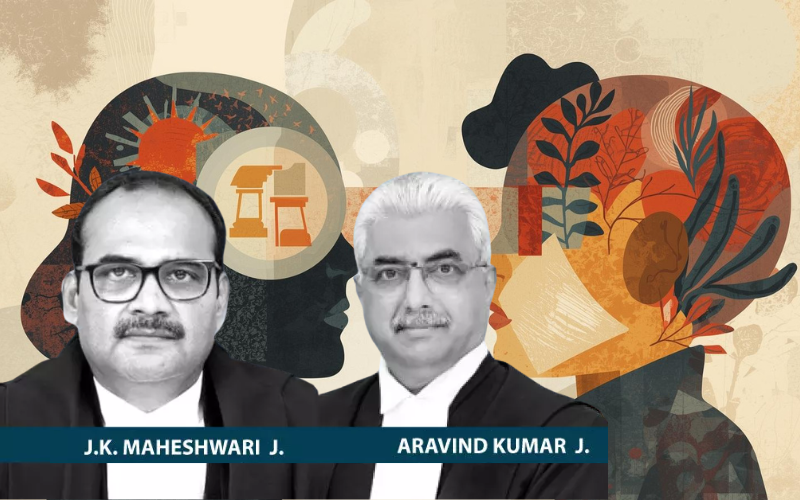A Landmark Decision Reinforcing the Rights of Employees with Disabilities to Reasonable Accommodation and Redeployment
Introduction
In a significant ruling, the Supreme Court of India in the case of Ch. Joseph v. Telangana State Road Transport Corporation addressed critical issues regarding employment rights for individuals acquiring disabilities during their service. This judgment not only highlights the statutory and constitutional obligations of employers to provide reasonable accommodation but also underscores the enduring nature of industrial settlements in protecting employee rights.
Background
The appellant, Ch. Joseph, was employed as a driver by the Telangana State Road Transport Corporation (TSRTC). During a routine medical examination, he was found to be color blind and subsequently deemed unfit for driving duties. Despite a Memorandum of Settlement (MOS) from 1979 that assured alternate employment for color-blind drivers, Joseph was prematurely retired without any effort to explore alternative roles.
Key Legal Issues
1. Validity of Retirement Without Alternative Employment: The Supreme Court examined whether Joseph’s medical retirement without offering alternative employment was legally sustainable. The decision emphasized that the lack of effort by TSRTC to find an alternative role for Joseph violated both statutory obligations and principles of administrative fairness.
2. Enforceability of Industrial Settlements: The Court reinforced the binding nature of the 1979 MOS, which guaranteed alternate employment for drivers with color blindness. Despite subsequent settlements and internal circulars, the Court held that these could not override the specific provisions of the 1979 agreement.
3. Employer's Obligation Under Disability Law: The ruling clarified that employers must assess alternative employment options for employees acquiring disabilities, aligning with the principles of equality and dignity enshrined in the Constitution.
Analysis
The Supreme Court's analysis rested on several pivotal conclusions:
Statutory and Constitutional Mandates: The judgment underscored that employment rights for individuals with disabilities are not merely policy considerations but are grounded in statutory and constitutional mandates. Articles 14 and 21 of the Constitution, along with the Persons with Disabilities Act, mandate nondiscrimination and reasonable accommodation.
Industrial Settlements as Binding Instruments: The Court reaffirmed the statutory force of industrial settlements, like the 1979 MOS, which are quasi-statutory instruments reflecting negotiated justice. Such settlements cannot be negated by subsequent administrative circulars or internal policies.
Principle of Reasonable Accommodation: The Court's decision echoed the principles of reasonable accommodation, asserting that an employer's responsibility extends beyond mere procedural adherence to substantive equality and dignity for employees.
Conclusion
The Supreme Court’s ruling in Ch. Joseph v. TSRTC is a landmark decision reinforcing the rights of employees acquiring disabilities. It serves as a reminder of the enduring power of industrial settlements and the constitutional commitment to safeguarding employee dignity through reasonable accommodation. This judgment not only provides relief to the appellant but also sets a precedent for ensuring fair treatment of employees with disabilities, promoting an inclusive and equitable work environment.
The case stands as a testament to the judiciary's role in upholding the principles of justice and fairness in employment, ensuring that no employee is unjustly deprived of their livelihood due to acquired disabilities.
Ch. Joseph v. Telangana State Road Transport Corporation, (SC) : Law Finder Doc Id # 2758466




